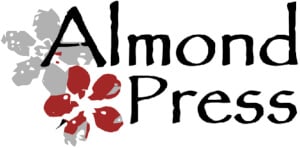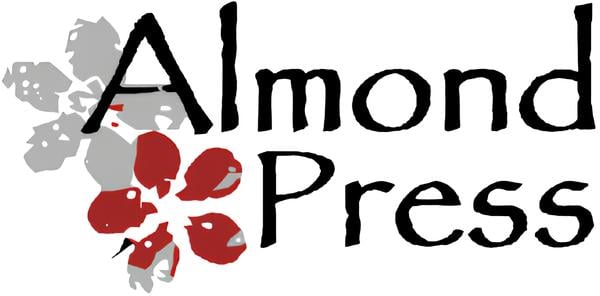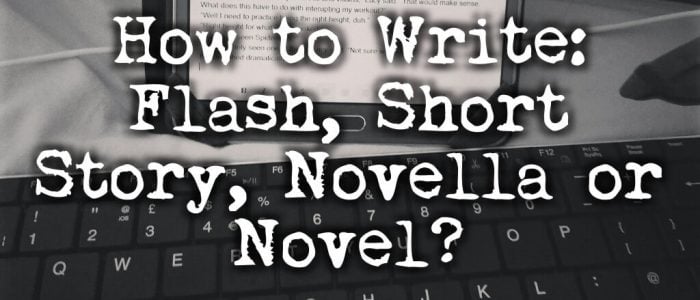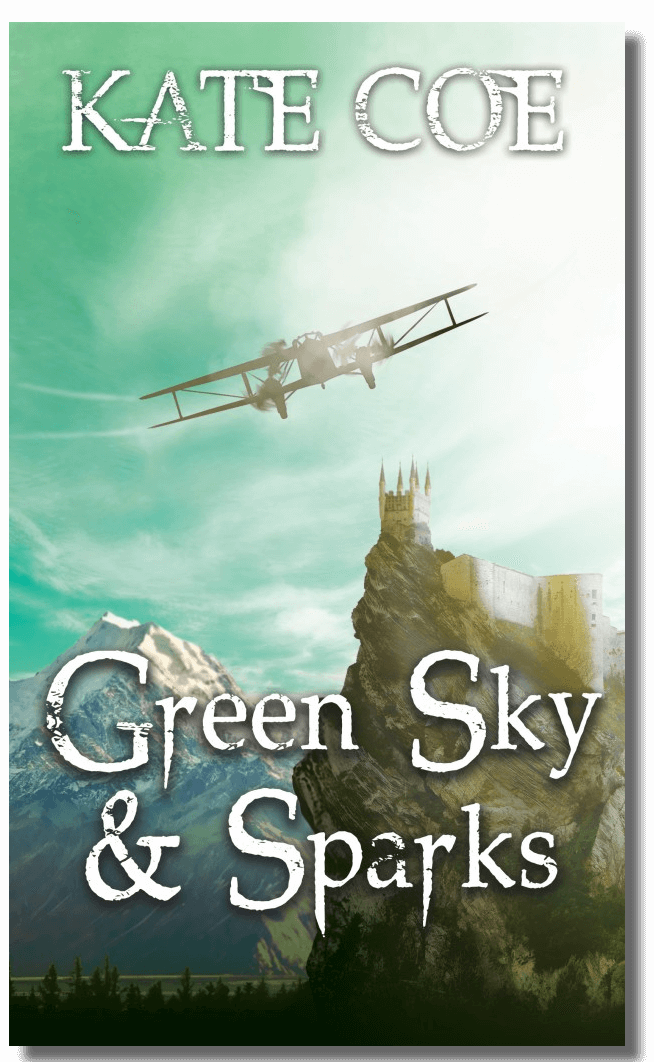How to Write: Flash, Short Story, Novella or Novel?
Novels. Novelettes. Flash fiction. Novellas. Micro fiction. Short stories. What’s the difference?
Well, primarily it’s length. However…as you’re probably already aware (and tearing your hair out over), every publisher and editor has their own guidelines on lengths. Before you write for a submissions call or submit to a publisher, check to see what category you fall into, and what length that particular publisher is looking for.
Here’s some rough guidelines for the lengths of each category.
Micro fiction
500 words or less. There are specific categories within this, including six-word stories and 100-word stories, and a host of other names – you might have come across ‘sudden fiction’, ‘short short story’ and ‘immediate fiction’.
Flash fiction
500 – 1000 words, but ‘flash’ often includes micro fiction too, so it’s usually anything below 1000 words. If in doubt, check the submission guidelines or with the publisher.
Short stories
Usually between 2,000 and 10,000 words. Most publishers prefer 3,000 – 8,000 words, so aiming for the 4-5k mark is pretty safe.
Novelette
8000 – 20,000 words, ish. Essentially, novelettes fall into the gap between short stories and novellas. They’re a pretty new category, and you’ll likely have a hard time publishing these if you don’t already have a market.
Novella
30,000 to 50,000 words, with the usual aim-for length being 40,000 words. Novellas used to be a hard sell but they’ve grown in popularity over the last five years.
Novel
50,000 to 150,000 words. You can aim higher, but you’re likely to end up with a book more suited to beating someone over the head with than actually reading. If you’re hitting the 200k mark or above, consider splitting the book into two, or writing a series.
Ideally, you want to aim for 80 – 100k words for a standard novel, which roughly equates to the 300-page books you see on fiction shelves.
So what length should I be aiming to write?
Well, any story could be any length – you can tell Cinderella in a line or in 150,000 words. What do you need to consider when trying to decide if your story suits a particular length?
How much conflict are you putting in?
Do you have lots of plot twists and turns, sudden surprises or intricate sub-plots? How detailed is your plot? Do all the plotlines need to be shown for everything to make sense? if it’s just one plotline, it might be more suited to a short story. If it’s multiple multiples (GRRM, I’m looking at you) then consider a novel or a series.
How many characters do you want to involve?
More characters means more ‘screen time’, and therefore more words. Do you have one main character and point of view, or several? How many people do you have to ‘see’ or explain for the story and plot to make sense? Characters can include background, too; if you need to know something about your protagonist’s father or sidekick for the story to work, that’s ‘screen time’ for those characters as well.
How complex is your world?
Does it need chunks of explanation or dedicated time to understanding it? Can concepts be simplified or summed up in a single word? Do you need the background of the world to understand the plot?
How fast does the story need to be read?
Flash fiction and short stories are usually intended to be read in one go. A novel, on the other hand, would take a dedicated reader to get through it in one sitting! Can your story be condensed to a single read? Do you need the chapter pauses to give the reader space to stop and take things in?
What do you want to write?
I know writers who excel at short stories, and who hate writing novels as they consider them too drawn-out, too boring, too complicated. I know writers who hate short stories as they don’t have nearly enough words or time to fit everything in that they want to. Personally, I write novellas; they’re the right length for me to tell the stories that I want to tell, and if I aimed for novel-length I’d just be padding. The story length very often depends on what you want to write.
The major thing for any piece of writing, whatever the length, is to make it strong. You need to have all (or most) of your plot points and loose ends tied up. You need a beginning, middle and end. I know this sounds like simple stuff, but it’s surprising how many stories just drift off at the end, never really resolving anything… you can of course leave some things hanging if you want to write a series or leave the reader some unanswered questions, but if you’ve left too many questions in a short story, you should consider a novella. If you’ve left too many questions in a novel, consider that sequel. You need to tie everything off, even in a piece of micro fiction. We need – well, not necessarily a happy ending, but – an ending.
Green Sky & Sparks
by Kate Coe
- What is a writing competition? Why should I pay to enter? - November 15, 2018
- How to Write the Book Introduction to Hook Your Reader - October 7, 2017
- How to Write: Self-Publishing Your Work Online - October 1, 2017



